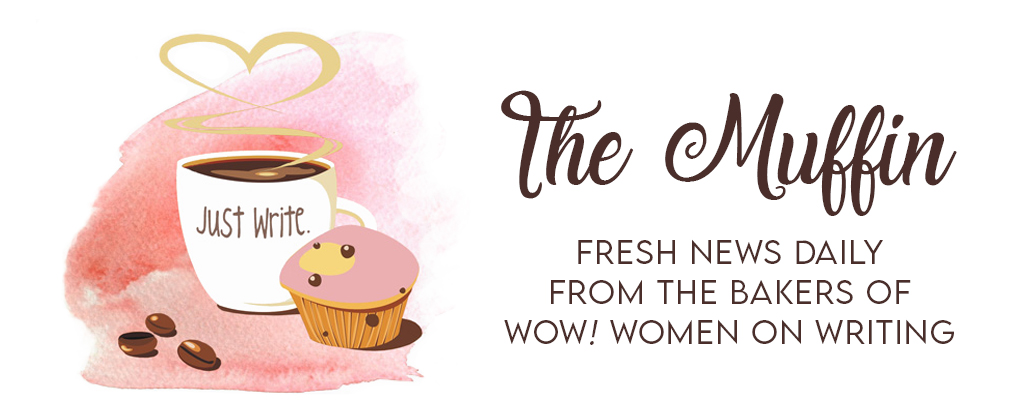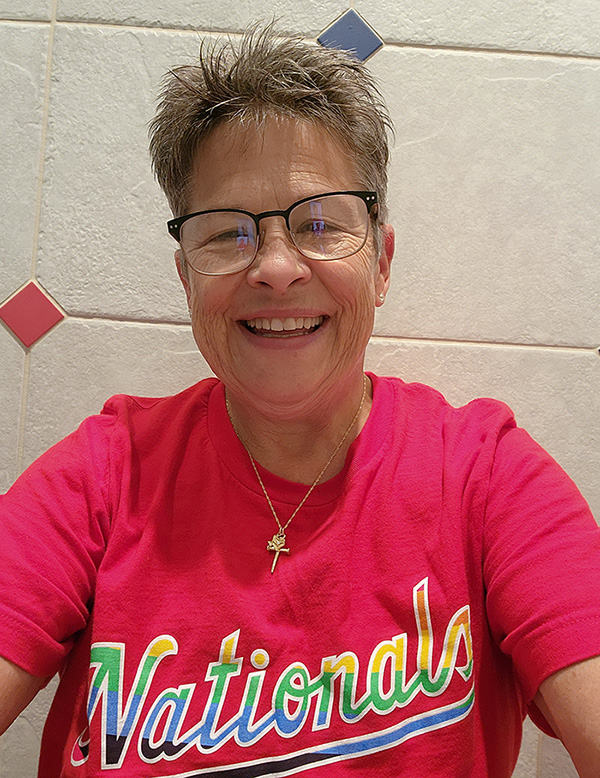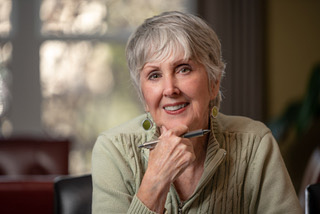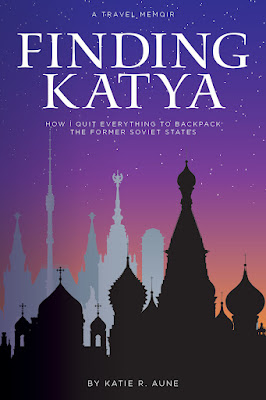Congratulations to Jean Kelly Widner of Boulder City, Nevada and The Flame - and to all of the other contestants and winners of the WOW! Women on Writing Quarter 4 2023 Essay Contest!
I hope everyone has already had an opportunity to read Jean’s Contest Entry The Flame if you haven’t done so already, give it a read and then return here for this touching author interview!
Jean’s Bio:
Jean Widner is a professional writer and business owner of a small-town media outlet, BoulderCity.com. She has worked retail and co-owned two successful e-commerce companies and now works as an online marketing consultant. When not working, she, her husband and two golden retrievers are traveling the western U.S. She is currently working on a book called The Adoption Paradox, and is an active volunteer and voice within the adoption community advocating for change. You can learn more at adoptionparadox.com or www.facebook.com/AdoptionParadox.
*****interview by Crystal J Casavant-Otto*****
WOW: Jean, I’m so happy to be here with you today so that I and our WOW! Readers can learn more about you, your story, and what’s next for you! Thank you for writing such a personal essay - what is the take-away you'd like readers to gain from The Flame ?
Jean: I was born and adopted in what is known as the “Baby Scoop Era”, which ran from WWII to 1973. During those years more than one and a half million adoptions took place in the US. Young, unwed mothers were shunned and shamed and often sent away to have their babies in secret. In these hospitals and group homes, they relinquished their children to adoption. But it really was an uncaring and unfair system. They were often alone and without any family support.
The information that I have on my birth mother, or first mother, is scant. She was from the Dakota’s. I was born in the Booth Memorial Hospital for Unwed Mothers in Washington State. So, she was very far from home. I have never met her but wish to. The information for this essay comes from the “non-identifying information” that the Salvation Army and the State of Washington allow me to have. It painted such a sad story and after learning about it, I knew I would want to lean into those emotions and write it down. It took me the better part of a year to even attempt it.
What I’d like readers to walk away with is the sense of what it was happening to these young women. Most of our society looks at adoption as a win-win-win, but there is always a loss at the beginning. Adoption always includes that first primal separation from one’s mother. I want them to really sit with and consider what that was like for both the mother and her baby.
WOW: It’s so brave of you to share your story – thank you for your honesty and support of all those involved in these difficult life decisions. Who is your support - what have you found to be most supportive in your writing life as well as in life in general? You are clearly an advocate for writing about adoption, but who do you turn to for support?
Jean: Most importantly is my husband. He is my rock, my love, my everything.
To the rest, I am writing about adoption because I’m an advocate for making adoption better. What has been my greatest joy has been finding a whole community of support from so many people in the adoption constellation and how healing we can be for each other. Birth/first parents and adoptees can find such solace and peace when we open our hearts to each other. Also with adoptive parents who are really listening and seeking how to create healthier relationships with their children as they grow. I’ve found support in so many unexpected and meaningful ways.
WOW: Thank you for being so caring and supportive of others and thank you to your amazing husband for being so supportive of YOU!
Do you have advice for your younger self when it comes to making decisions, believing in yourself, and/or writing? What would your current self say to the younger you?
Jean: I talk to that young girl so often as she still needs so much care. I tell her to believe that 10th grade teacher when she told her, “You’re a very good writer.” I ask her and myself to remember that when self-doubt creeps in. When my inner critic says that I’m not worthy or good enough. On the days when I’m stuck in the weeds, can’t make things flow the way I want to, and on the days when I know I need to set it aside for a bit and give myself some patience and grace.
WOW: It sounds like you have fabulous advice – thanks for sharing it! You have an impressive bio - it begs the ask - tell us more about the Adoption Paradox and what we can expect with your latest project?
Jean: First, thank you. I am very blessed and am working hard to grow and improve my craft every day.
The Adoption Paradox will be a collection of stories, backed up with research, to take a deep look at adoption and all its potential and its consequences. I am a mostly happy, healthy person who came from a good family and an overall positive adopted experience. That said, there are inherent losses and challenges and a lot of trauma that accompany the practice for many. For example, adopted people are four times more likely to attempt or commit suicide than the general population. We also significantly struggle with addiction and other mental health challenges. So, if all is well in “adoptionland”, then what is going on? These themes are what the book explores. What is also important is that all parts of the triad will have their say: adoptees, birth/first parents, and adoptive parents each have their own sections dedicated to their point of view. Most books out there focus on only one. So, the book will flip the script, three ways.
WOW: Thank you for that information – I had no idea. It sounds like The Adoption Paradox will be helpful to so many!
What role has journaling and/or writer's groups played in your life?
Jean: Huge. I honestly cannot thank my local writer’s group and their read and critiques enough – shout out to the Henderson Writers Group in the Las Vegas area. Also, there are other groups that I’ve taken part in that have helped me grow. Adoption conferences, retreats and workshops have provided many fresh writing prompts. They help me unpack a lot of my childhood to better understand who I am as both a person and a writer. It’s a fantastic journey and I’m grateful to so many friends and family and other artists who have helped me.
WOW: Thank you again for your submission, your honesty, and your time. Congratulations on being one of our runner ups and we certainly look forward to reading more from you in the future!
Interviewed by Crystal J. Casavant-Otto who just keeps on keeping on and can be found blogging and sharing on social media hashtag #raisingkidsandcattle
Check out the latest Contests: http://www.wow-womenonwriting.com/contest.php


































